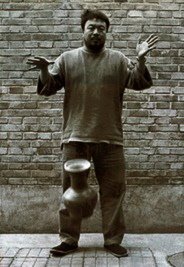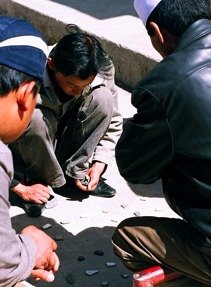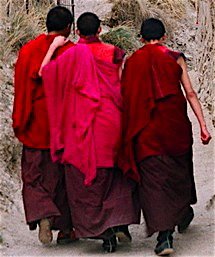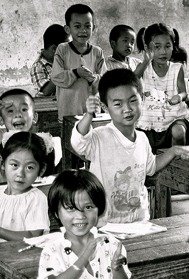This I consider somewhat lazy, as it is an easy turn for a journalist to maintain or exaggerate a Chinese stereotype held in the minds of many of its readers. Secondly, the recklessness and irresponsibility of it is held in the effect such stories have on the psyche of the media audience, which in its darkest form can lead to the justification of violence or sanctions from one nation upon another, or from one person towards another, and in its lighter form breeds misunderstanding and prejudice.
This general theme is ofcourse in no way meant as justification for the blackout of a number of issues in the Chinese media and/ or the mis-representation of so many stories here, let alone the actual circumstances where a persons freedom to not only communicate but to walk freely has been curtailed, sometimes indefinitely. This criticism solely exists in its own right as a criticism of the misrepresentation and/ or the exaggeration of a stereotype for what I consider are negative ends and consequences.
I will take a recent story as an example, I may well also continue to add others in future notes as I come across them and as I feel fit to include them.
The first I noticed in the UK based Guardian Newspaper. The headline was:
China's Giant Step into Nanotech
'Nanotechnology is big business conducted on an atomic scale. China is a major player, using it for a speaker just 1mm thick - or super-strong armour'
No problem there, China does seem to be one of the leading countries developing nanotechnology. There is a problem however with the picture that the newspaper decided to put alongside the article.

It is a regular concern that this image of a militaristic state is so frequently forthcoming in the western media when they wish for an image of China. In this day and age when we are over-burdened with information, headlines and details, a picture can go along way in settling a perception of something in someone’s mind. This image is a wholly aggressive image that speaks of China’s investment in Nanotechnology as if the forerunner of military expansionism.
Now, these ideas may or may not exist but they don't exist in this context. This is not an image that represents the reality of the story laid beneath it. Where yes, investment in military uses are mentioned along with those investments made by the US, but it actually highlights that China’s investment, research and development in terms of luxury consumer items and environmental uses are ahead of most if not all other nations.
The picture used is absolutely unrepresentative of the issues involved and can only create negative connotations in the observers mind. Especially, when so often these days people only have limited time to flick through headlines and pictures and don’t always get the chance to study the details of every article. When in fact there is the potential for a positive headline and picture with regard to China's research and development on environmental projects.
Living here I am conscious of the Chinese being somewhat frustrated by the perceptions of them that emanate from the western media. This is a big country, with a gigantic population and that is having to emerge from some pretty dark recent history, as we know issues not always clear to the Chinese themselves, but alot of changes that need to take place here will take time.
All I can say is that I generally find the Chinese as a peaceful and respectful people and take great pleasure in living amongst them. The images and headlines I often see in the western media create an image of a place I don't recognize. That is not to say i do not understand some of the darker political forces under the surface here, maybe being hinted at, but there is sometimes more light in places than I think our western media often wishes to or is able to recognize. (Additional link, recently added-' Lack of News about China has Nothing to do with Bias'
Click to continue reading...





























